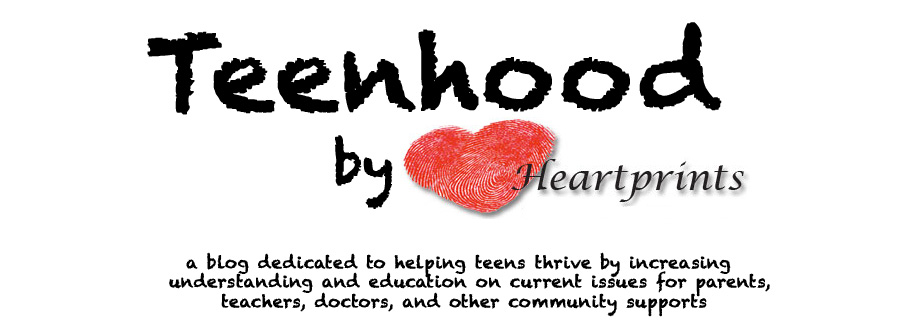Cyberbullies are invisible. The Internet is their shield of invisibility. For many teens this is empowering. They can say via text, chat, email, Facebook, Twitter things they would never dream of saying face to face. One of my 12 year old girls was confronted by the principal of her school for some bullying comments she had made to a classmate over Facebook. When they printed out her chat in black and white, her eyebrows raised and eyes widened. She pointed to the comment her user name had written. "I said that?" she asked. The principal nodded. She was quick to apologize. She told me later "[What I wrote] was so mean. I was surprised I had said that." The principal made it clear if further issues of this nature were repeated, he would be calling the police for her to be considered for charges of harassment. I am happy to say a year later, it has not been a problem. In her case, she was scared enough of what she was capable of typing and the long-term consequences to work at making better choices. Cyberbullying isn't just mean its illegal in Washington.
Prevent Cyberbullying
1.) Regularly check the computer history. Start once a month, going to more frequent if their are concerns and less frequent if your teenager proves to be a responsible Internet user. Facebook now makes it easy to view chat's. Require other chat conversations to be saved and review them randomly.
2.) Obtain all the passwords and user names for all Internet accounts. If you don't have access to their Youtube, Facebook, Twitter accounts etc.., they shouldn't have phones or access to the Internet. No accountability, no access. This doesn't mean you will be checking it all the time but knowing that there is a chance you might check it helps teenagers curb impulsive decisians.
3.) Have parental guards in place on the computers. Check the computer to see what parental controls you want to have in place. See below for additional safeguarding software support.
4.) Talk with your kids about the importance their words carry. Name calling, implying promiscuity, racial teasing have no place in conversations Internet or otherwise. Its not glamorous as portrayed in TV shows like Gossip Girl. Words can hurt beyond any amount of physical pain and their wounds can last much longer than bruises. When users type anything online, they are sending if for everyone to see, use, or misuse. If teenagers are supposed to be responsible with the Internet, parents have to show them how to use it by example and open communication.
5.) Review texts on your teen's phone. Yes, the teens can delete texts, however, phone companies will let you know how many texts were sent or received. As long as the number's match what is on the phone, you know if some are missing. This task can seem daunting as the average teen sends or receives 3,364 messages a month says a recent study. But, if trust is built up, fewer reviews are required.
6.) Know the codes. BRB, POMS, LOL. Sound familiar? While many are innocent abbreviations, others are not. For example, POMS = Parents Over My Shoulder.If you find one you are not familiar with on your teen's phone, look it up online. See below for further text code definitions.
Let me be clear. I am not saying to run to your teens, check their phones, and watch over their shoulder's daily. Even if this was possible, it teaches them nothing (except maybe to avoid you). The checking up is built on trust. If parents are close with their teens, the teens are doing well academically, in relationships, accountability is minimal --especially if you can see there interactions are safe. Only when trust is broken, (i.e. inappropriate texts, harassing comments, "mean girl" behavior, etc...), is more supervision required. Banning them from it altogether doesn't fix the problem although with habitual Internet abuses, I do support this method temporarily. Using the Internet is a privilege, not a right.
The point is safety. Movies, shows, and music often portray devastating results due to a cyberbully. If a teen has a suicide attempt even in part due to a cyberbully, we have failed them both. Everyone makes their own choices but as parents, we take partial responsibility to something that can be prevented. You are not in this alone. The harder it is to be a teenager, the harder it is to be a parent of a teenager.
Resources for text translations
www.netlingo.com
www.webopedia.com/quick_ref/textmessageabbreviations.asp
www.innocentenglish.com
Resources for parental guards on the computer
www.kidswatch.com
www.gomcgruff.com
